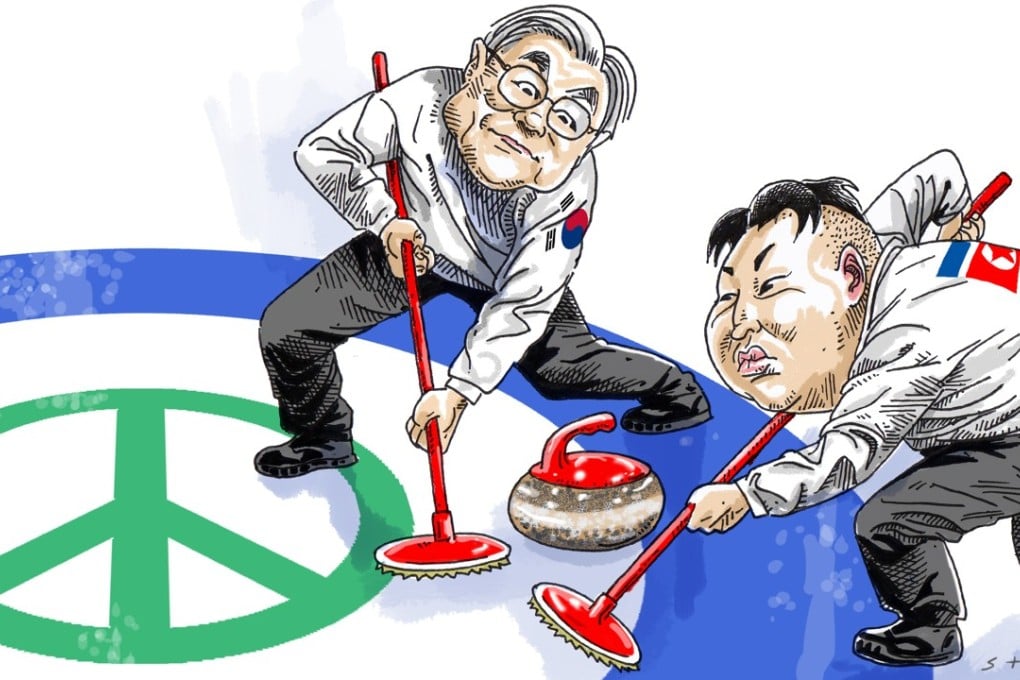Advertisement
Winter Olympics could be a first step towards necessary negotiations on North Korea
John Barry Kotch says there are precedents for de-escalation in the North Korean nuclear crisis that can be pursued if the two Koreas, plus China and the US, are willing to seize them. The Pyeongchang Olympics may be the venue to start this process
Reading Time:4 minutes
Why you can trust SCMP
0

North Korean leader Kim Jong-un’s 2018 New Year address, combining a message of defiance towards Washington and conciliation towards Seoul, opened up an opportunity for the Korean peninsula not seen since Kim came to power five years ago. The wisest course for the United States for now is to be seen but not heard and let the Koreas have their moment.
The recent agreement on a new round of military talks between North and South Korea makes good sense, not least because there is already a protocol in place: the 1991 Basic Agreement on Non-Aggression, Reconciliation, Exchange and Cooperation, signed but never implemented, which provides in part for mutual notification and observation of military exercises. This agreement only governs relations between the two Koreas, and for the moment US forces need not be included, as the US-ROK Combined Forces Command is headed by a South Korean general in peacetime.
A second protocol would be trickier: the February 1992 Joint Declaration on the Denuclearisation of the Korean Peninsula, according to which both Koreas agreed to ban development, testing and deployment of nuclear weapons and whose continued validity was cited by the late Kang Suk-ju, a former North Korean negotiator. Since the South does not possess such weapons and the North claims to target the US mainland and not the South, Washington could justifiably stand in Seoul’s stead as the appropriate interlocutor.
Still, Pyongyang has made clear that its nuclear deterrent is not up for negotiation; its goal is acceptance as a nuclear state, something Washington rules out unequivocally. Time may be on the latter’s side, since the harder sanctions bite, the longer the delay for North Korea in attaining fully fledged ICBM capability, including a dependable re-entry vehicle. For this reason, there can be no slackening of UN Security Council sanctions imposed on Pyongyang. This would include any unilateral South Korean action such as reopening the Kaesong Industrial Complex, a hard currency earner for the North. As US Secretary of State Rex Tillerson reiterated at the recent Vancouver summit on Korea, “The purpose of the maximum pressure campaign is intended to cause North Korea to engage as a credible negotiating partner in addressing a pathway to a denuclearisation of the peninsula.”
Donald Trump promises ‘peace through strength’, denying war prediction
Don’t be confused by Trump’s mixed message, US approach to North Korea is coherent … but scary
Advertisement